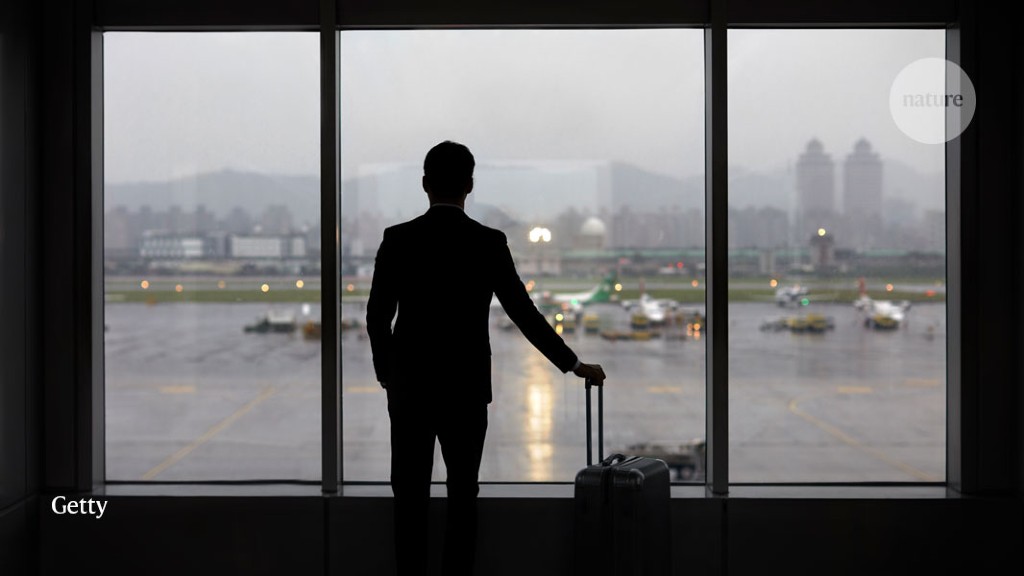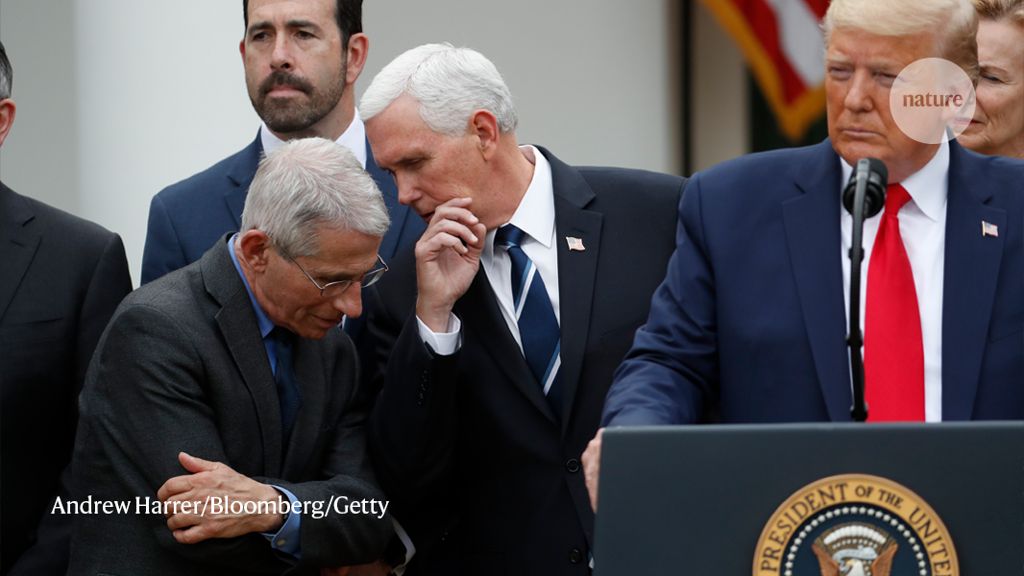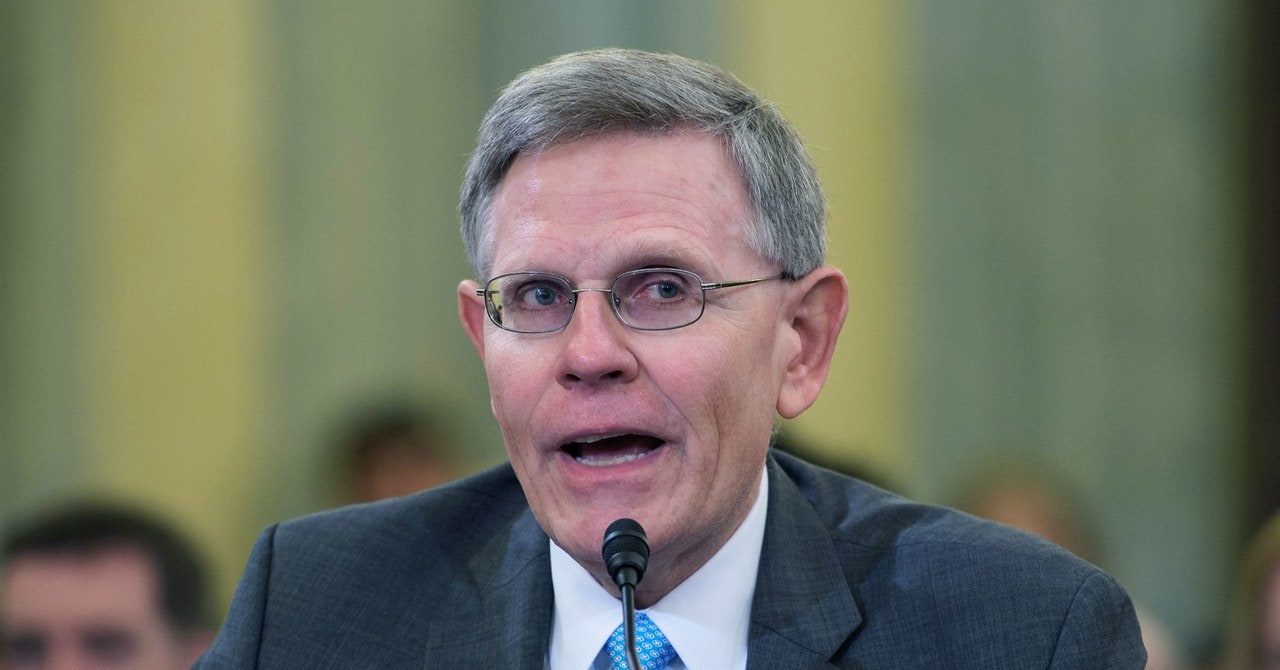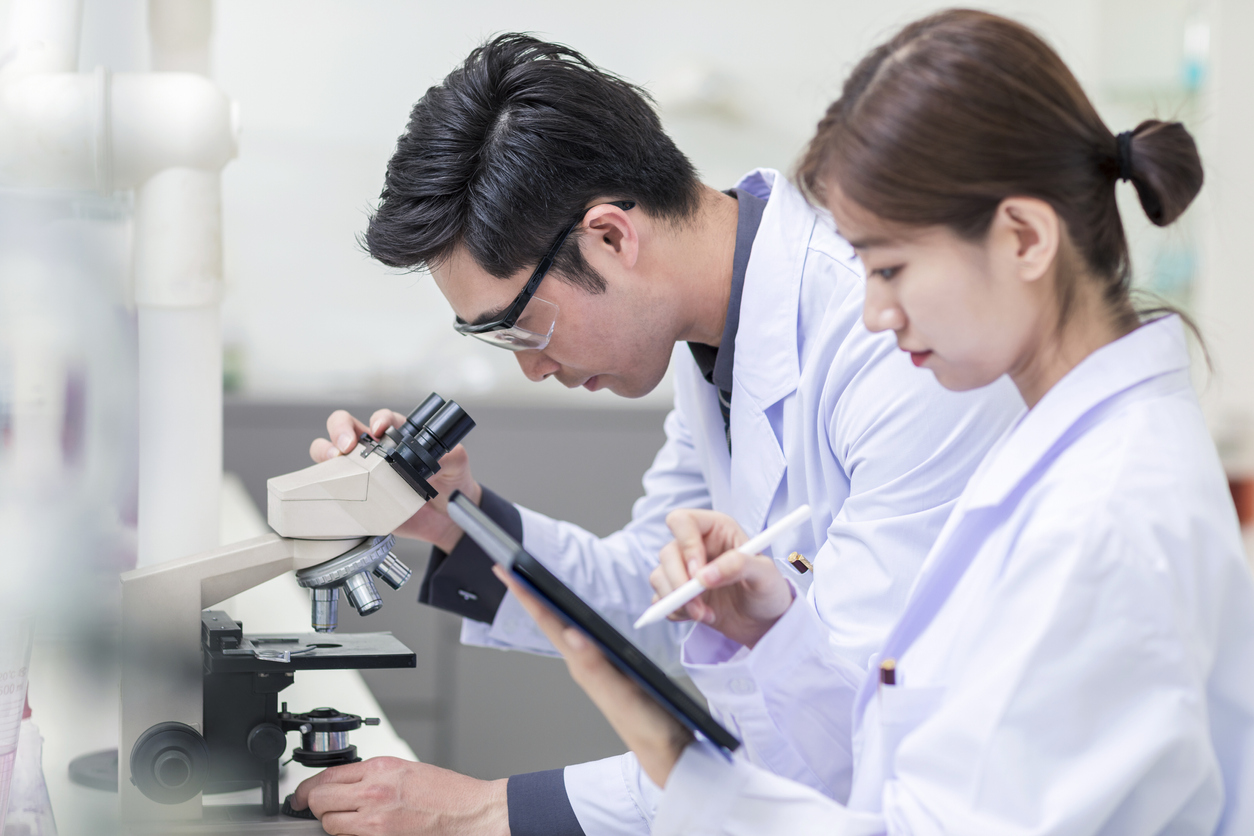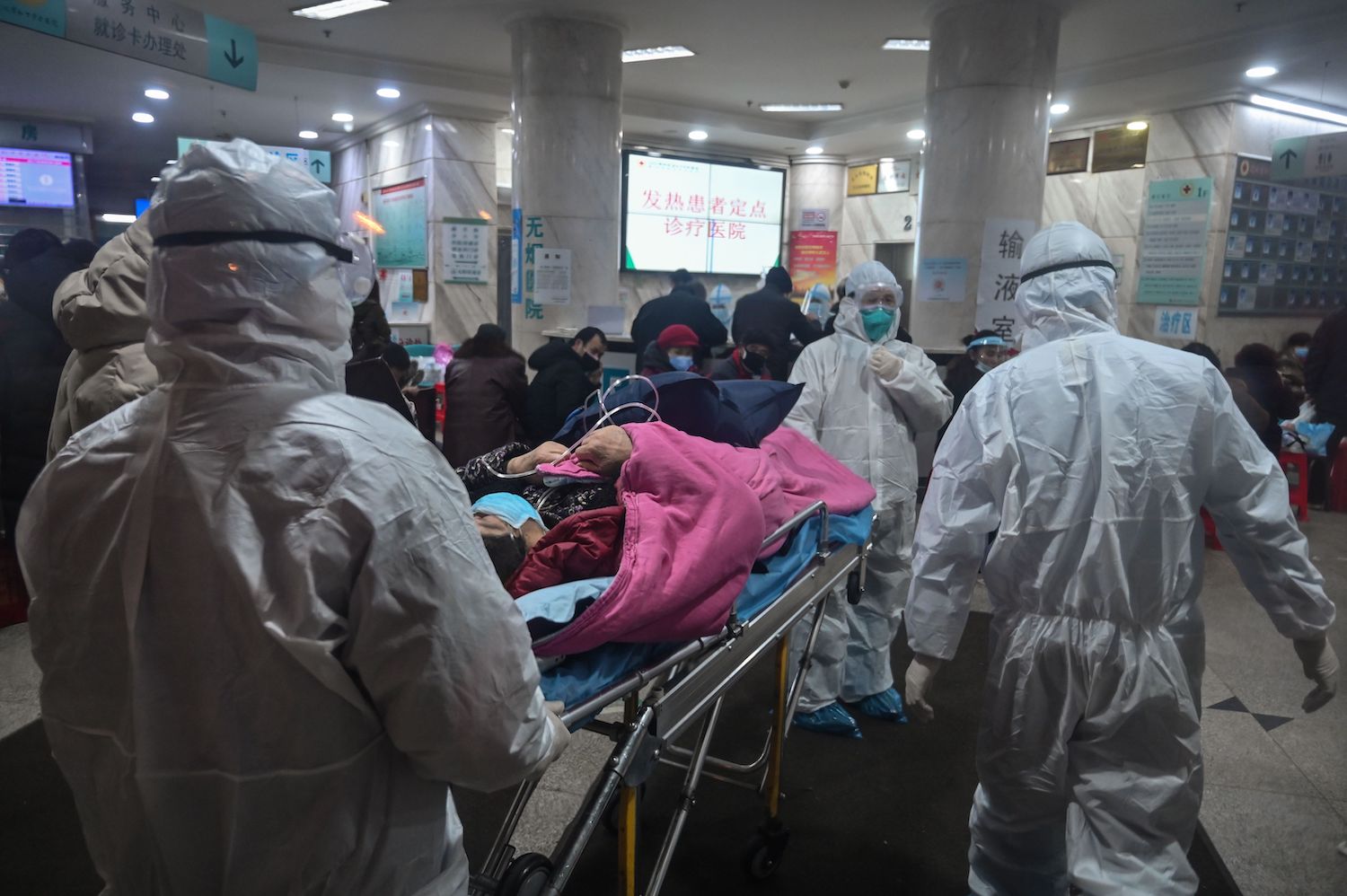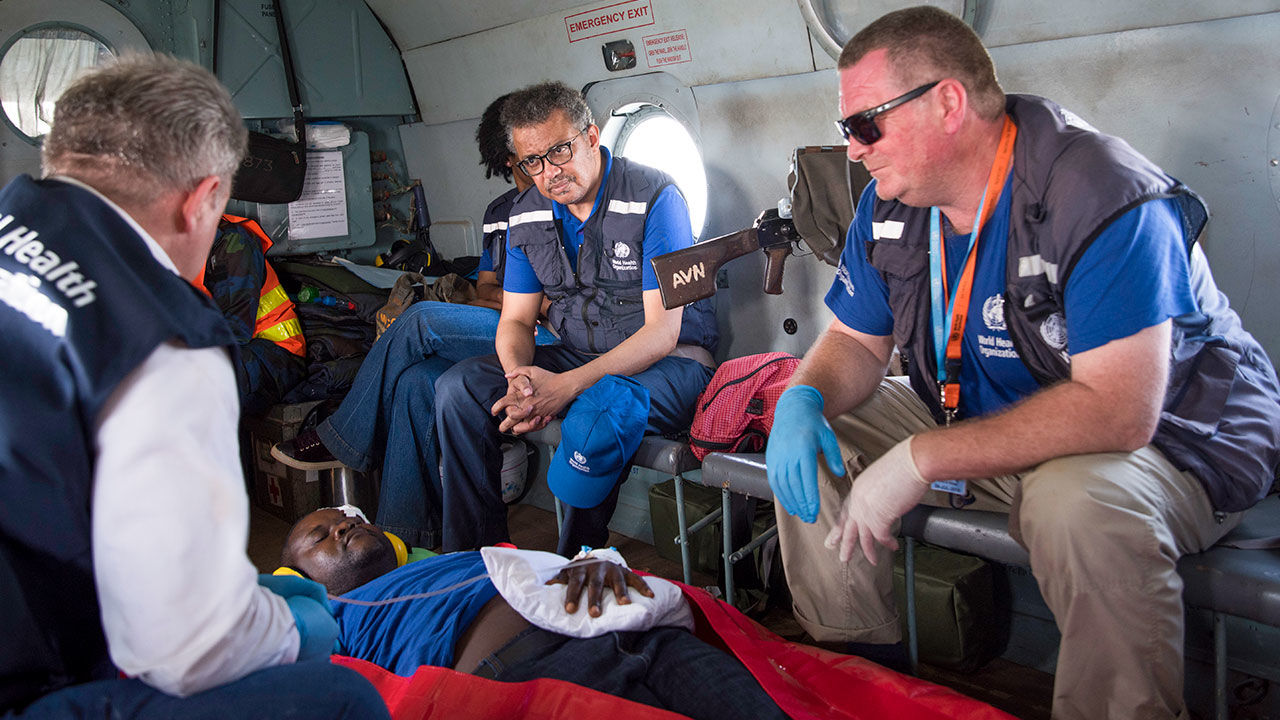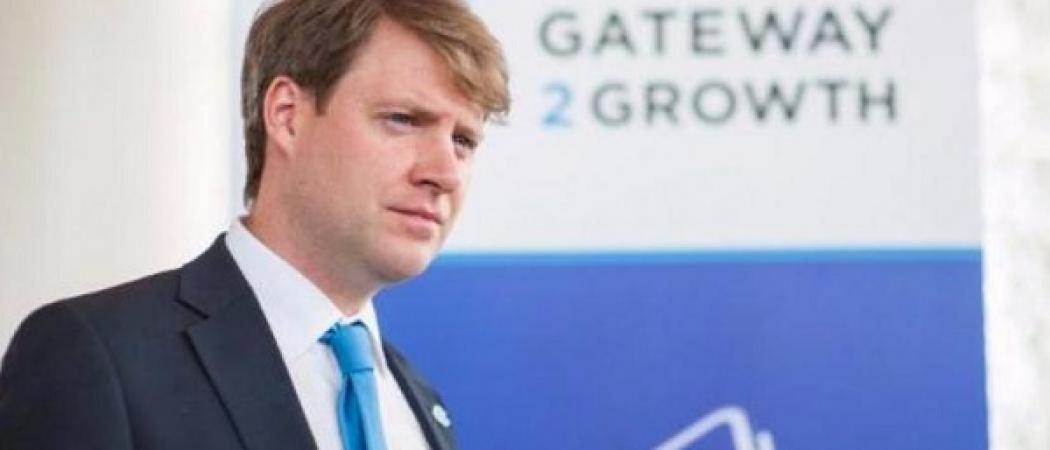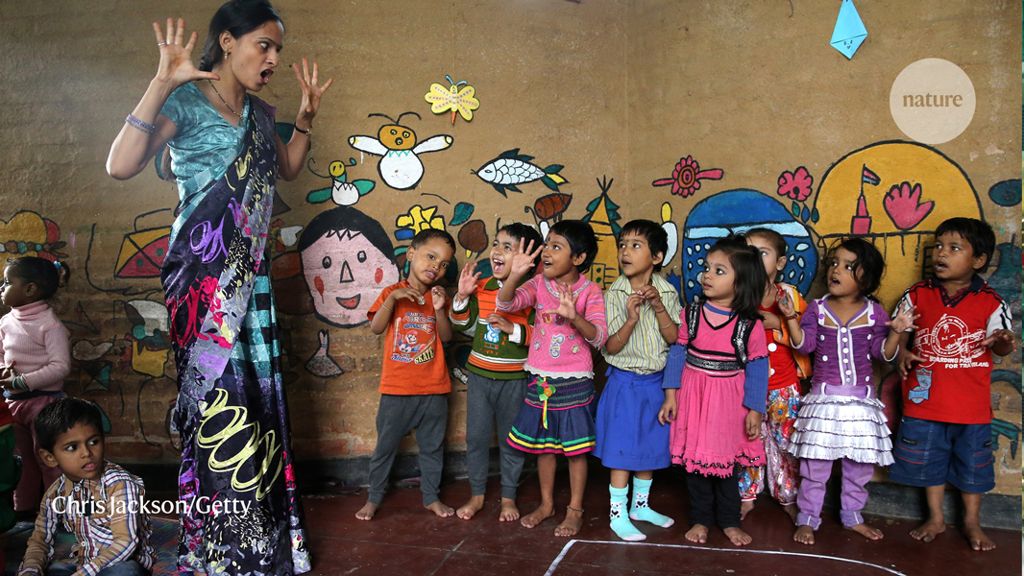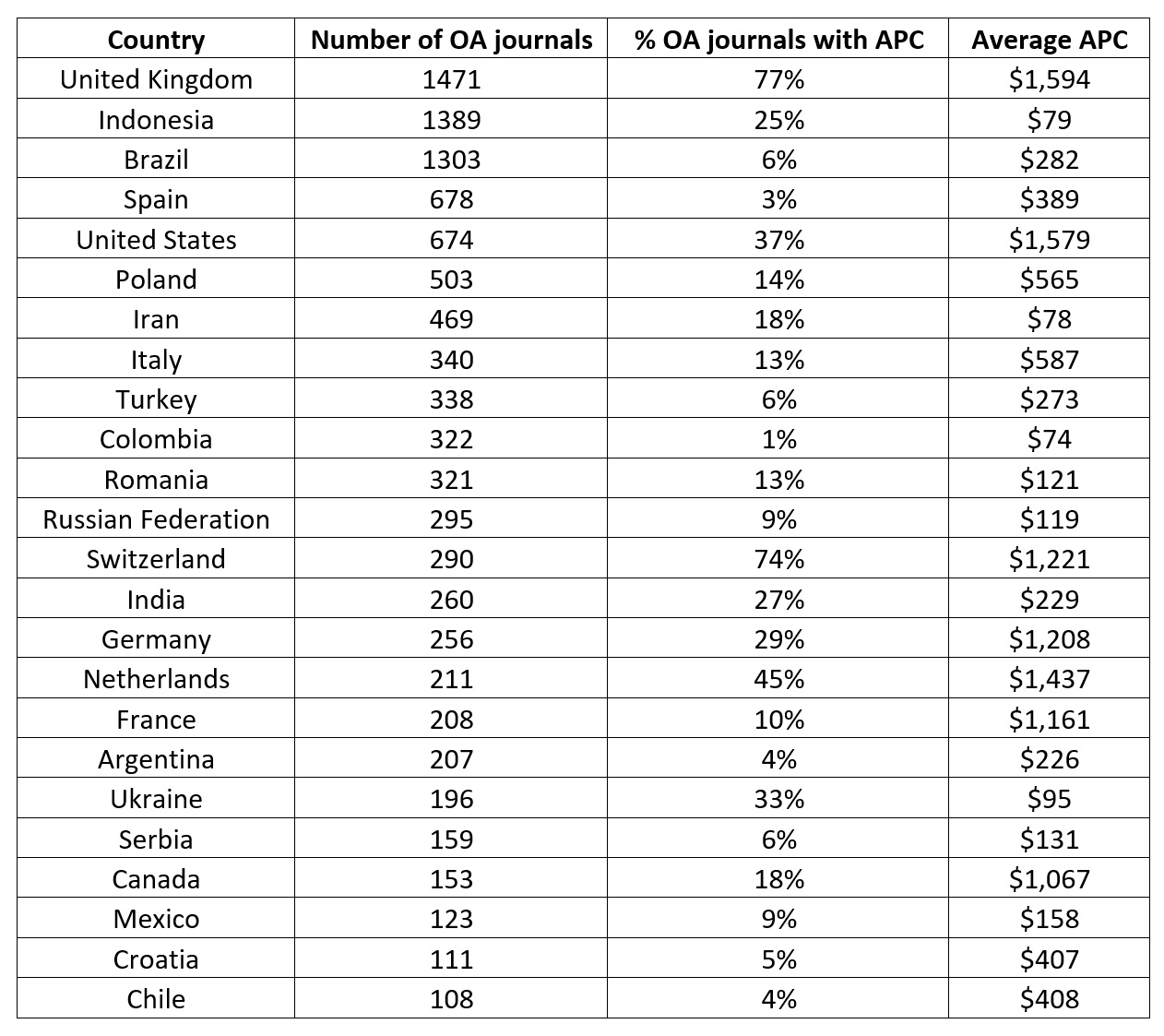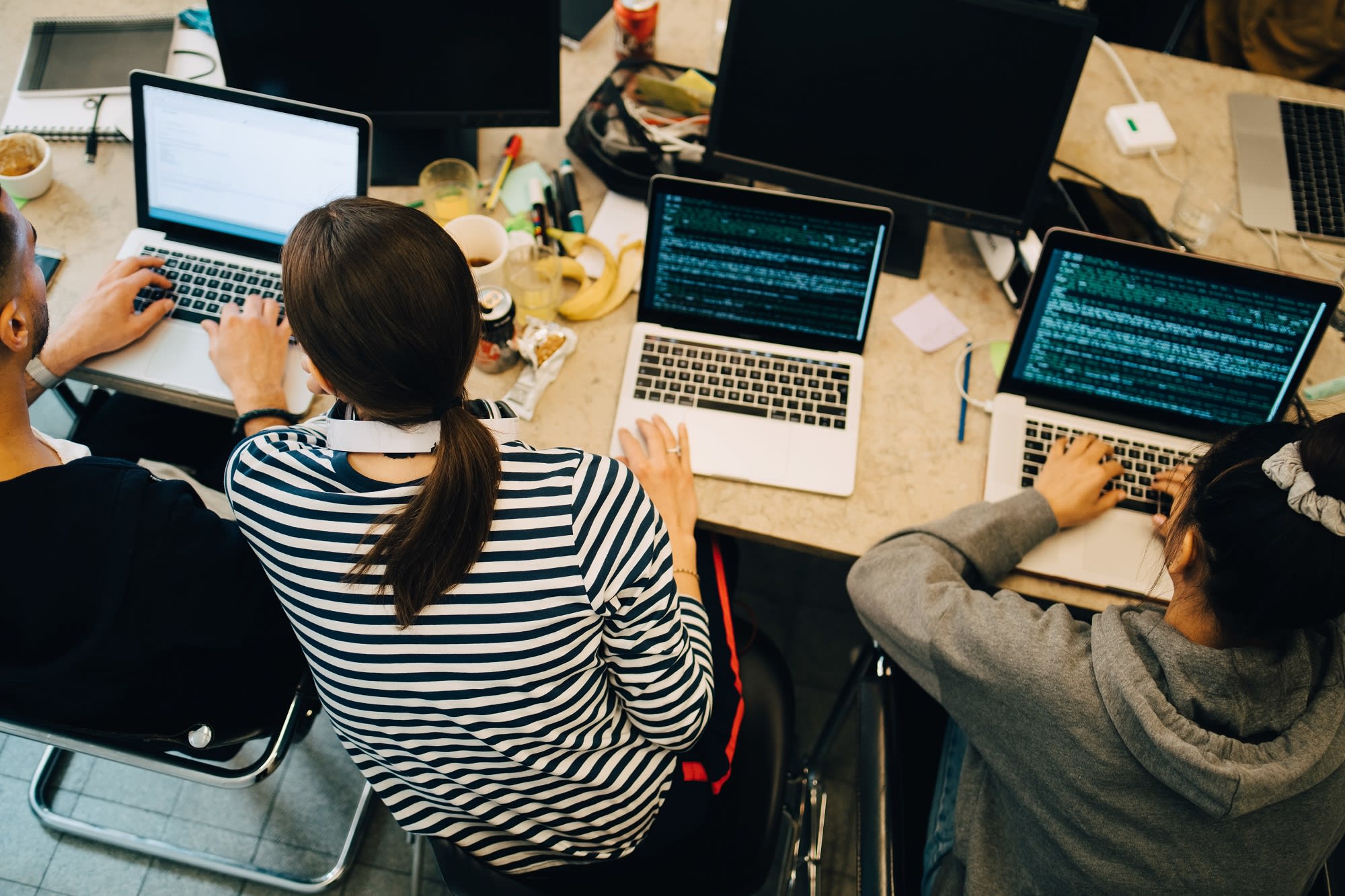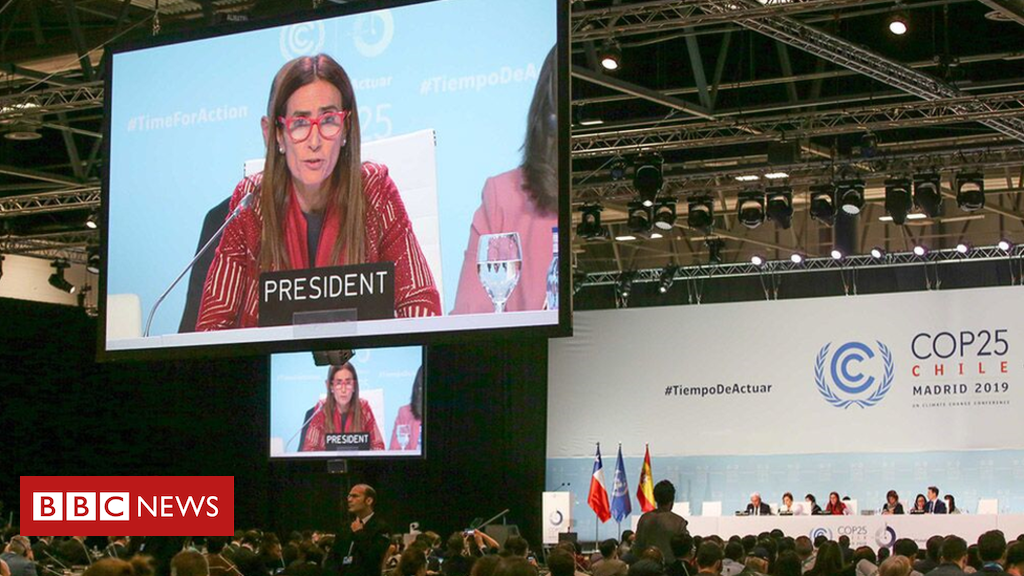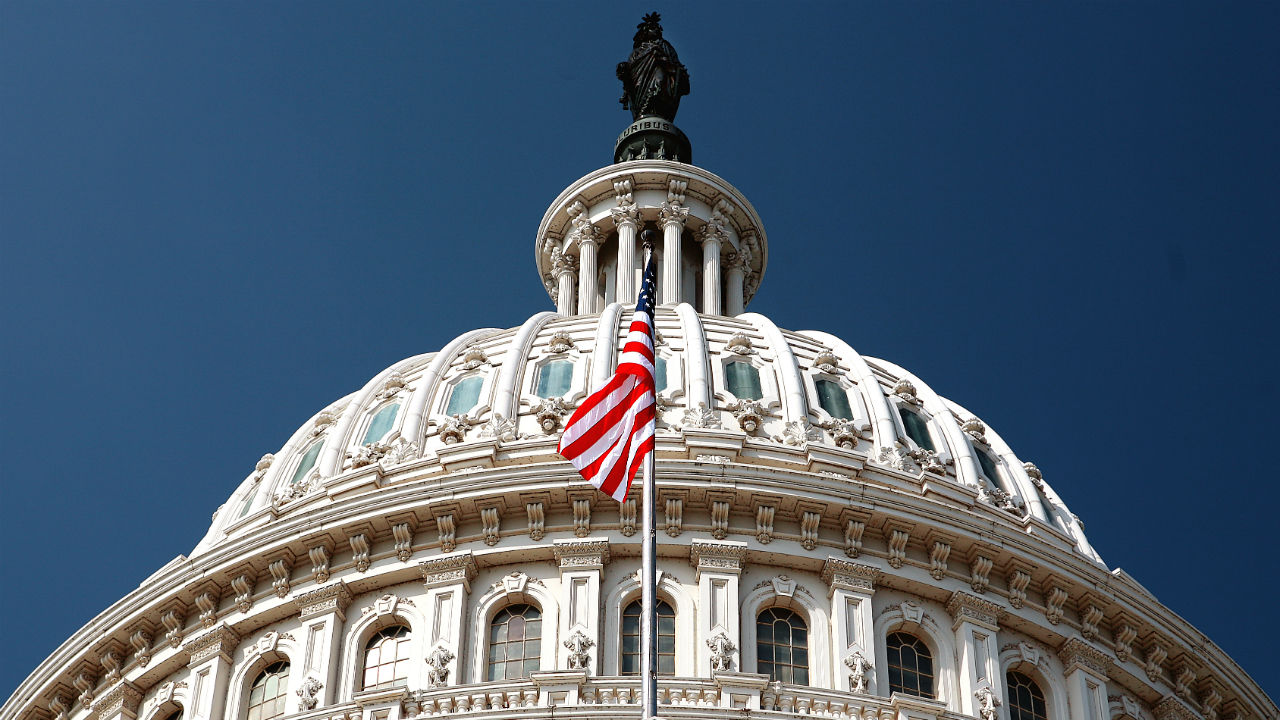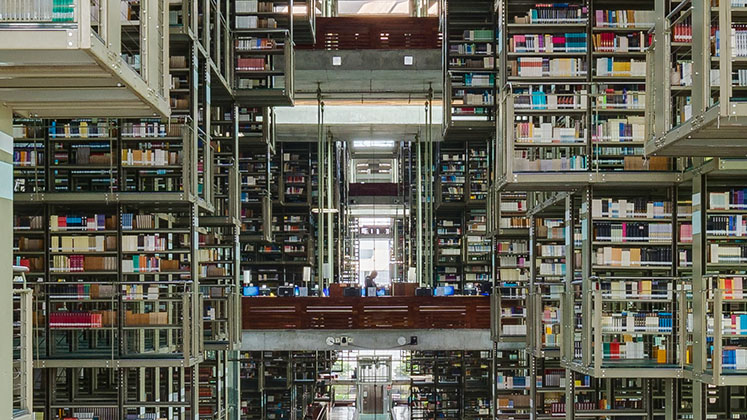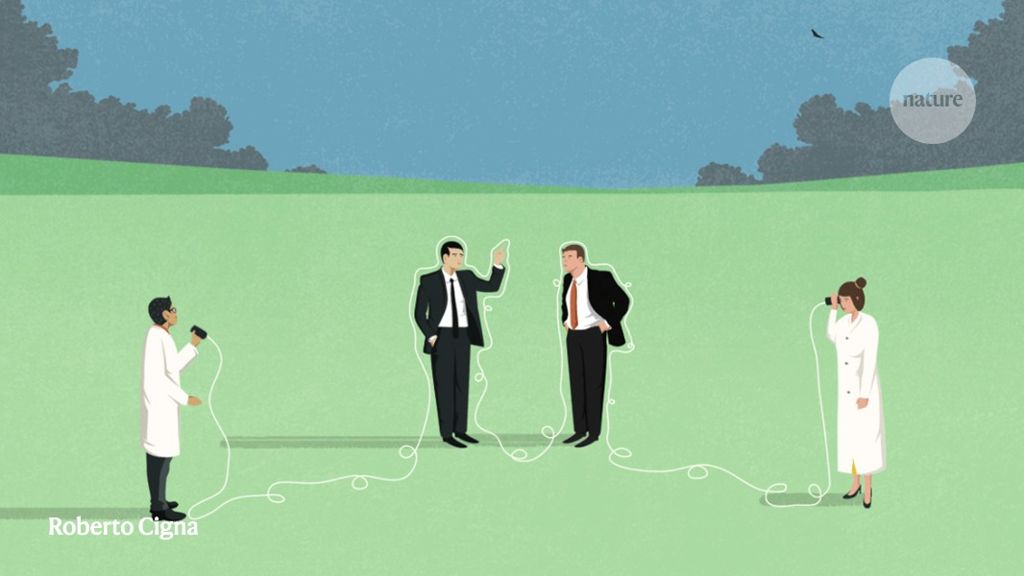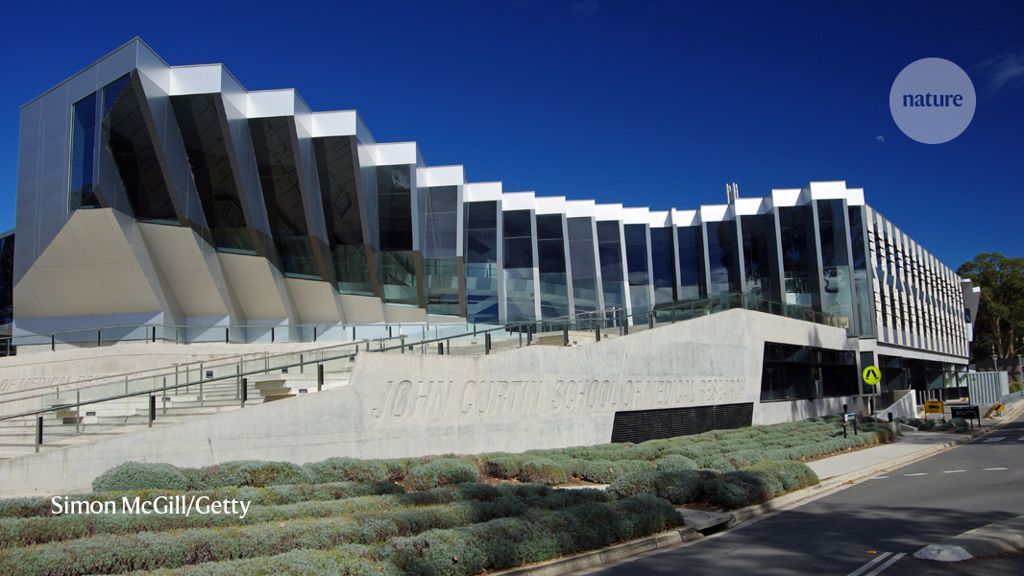UNESCO is launching international consultations aimed at developing a Recommendation on Open Science for adoption by member states in 2021. Its Recommendation will include a common definition, a shared set of values, and proposals for action. At the invitation of the Canadian Commission for UNESCO, this paper aims to contribute to the consultation process by answering questions such as: • Why and how should science be "open"? For and with whom? • Is it simply a matter of making scientific articles and data fully available to researchers around the world at the time of publication, so they do not miss important results that could contribute to or accelerate their work? • Could this openness also enable citizens around the world to contribute to science with their capacities and expertise, such as through citizen science or participatory action research projects? • Does science that is truly open include a plurality of ways of knowing, including those of Indigenous cultures, Global South cultures, and other excluded, marginalized groups in the Global North? The paper has four sections: "Open Science and the pandemic" introduces and explores different forms of openness during a crisis where science suddenly seems essential to the well-being of all. The next three sections explain the main dimensions of three forms of scientific openness: openness to publications and data, openness to society, and openness to excluded knowledges2 and epistemologies3. We conclude with policy considerations. A French version of this paper is available here: https://zenodo.org/record/3947013#.Xw-Ksx17nOQ


